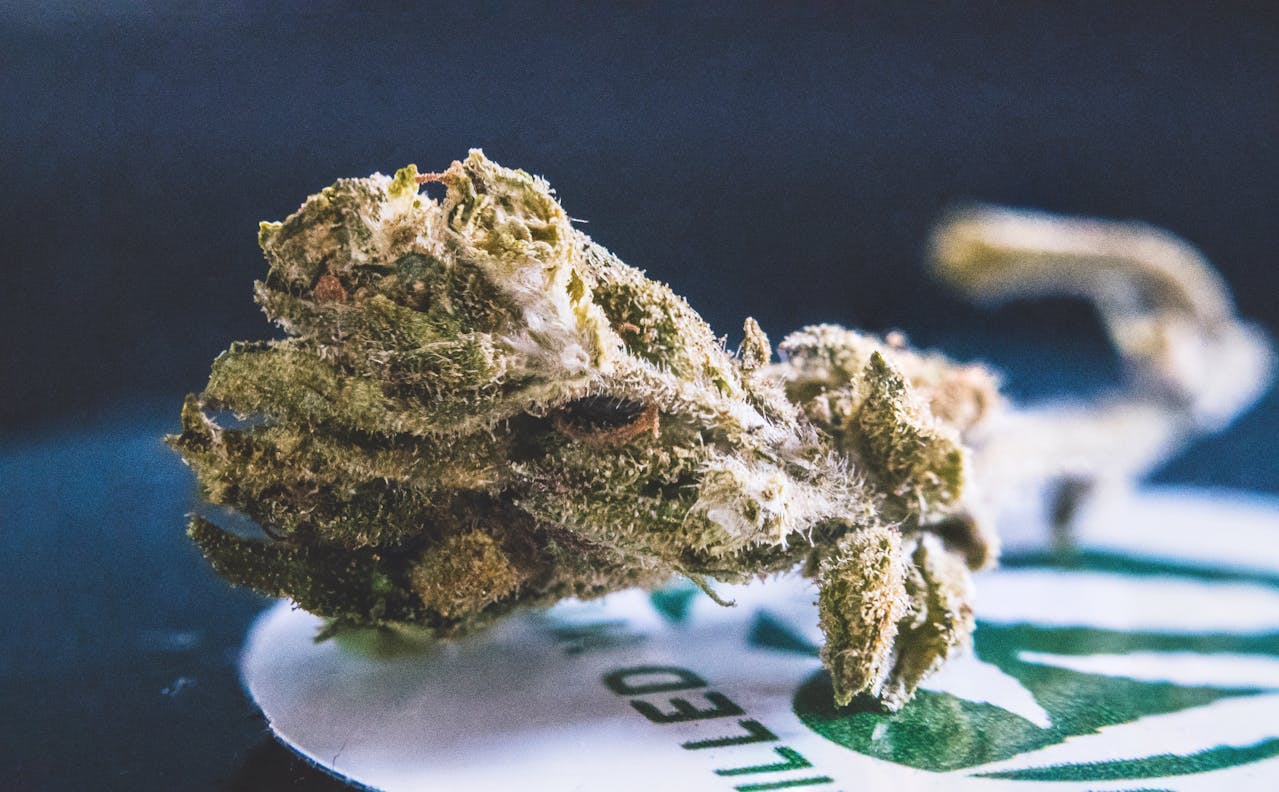
The story of cannabis in North Dakota is one marked by a series of legislative battles, public opinion shifts, and a slow but steady movement towards acceptance and legalization. This narrative is not unique to North Dakota; it mirrors the broader national and global conversations about cannabis. However, the state’s journey offers a distinct perspective on the challenges and milestones encountered in the quest to redefine the legal and social status of cannabis.
Early Prohibitions and the War on Drugs
Like much of the United States, North Dakota’s history with cannabis began with early 20th-century prohibitions. The state followed the national trend, influenced by the Marihuana Tax Act of 1937, which effectively made cannabis illegal across the country. This period marked the beginning of decades-long stigmatization and criminalization of cannabis use, placing it under the umbrella of the so-called “War on Drugs” initiated in the 1970s. The war on drugs intensified the legal and societal consequences of cannabis possession and use, contributing to a significant increase in incarcerations and shaping public opinion to view cannabis negatively.
Turning Tides: Medical Marijuana Legalization
The turning point in North Dakota’s cannabis history came much later than in some other states, highlighting the conservative stance prevalent among the state’s policymakers and citizens. It wasn’t until November 2016 that the state witnessed a significant shift with the passage of the North Dakota Compassionate Care Act (Measure 5), which legalized the medical use of marijuana for qualifying patients. This landmark decision came after a grassroots campaign and a public vote, which showed a surprising level of support for medical cannabis, with nearly 64% of voters in favor.
The implementation of the medical marijuana program, however, faced its own set of challenges. Regulatory delays, licensing issues, and strict control measures slowed the rollout, reflecting the state’s cautious approach to cannabis. Despite these hurdles, the establishment of a medical marijuana program marked a crucial step forward, providing relief for patients suffering from chronic pain, severe epilepsy, and other qualifying conditions.
Federal Legislation and Hemp-derived THCA
As the sources indicate, the legal status of THCA largely hinges on the 2018 Farm Bill, which federally legalized hemp and hemp-derived products containing less than 0.3% delta-9 THC on a dry weight basis. This legislation has opened the door for products containing THCA, as long as they are derived from hemp and adhere to the THC concentration limits specified. As a result, in states that align with federal law, THCA products that meet these criteria are considered legal. However, the landscape is far from uniform, with several states imposing additional restrictions or outright bans on THCA products, reflecting a patchwork of regulations that vary significantly from one jurisdiction to another.
Recreational Marijuana: A Rocky Road
The journey towards recreational marijuana legalization in North Dakota has been fraught with difficulties. Advocates have made several attempts to place recreational marijuana initiatives on the ballot, facing setbacks and opposition at each turn. In 2018, a measure to legalize recreational marijuana was defeated, with 59% of voters opposing it. Critics cited concerns over public safety, youth access, and the potential for increased drug abuse as reasons for their opposition.
Undeterred, cannabis advocates continued to push for legalization, arguing that legalizing recreational marijuana would reduce crime related to illegal drug sales, generate tax revenue for the state, and offer adults a safer alternative to alcohol and tobacco. Despite these efforts, the path to recreational legalization remains uncertain, with strong resistance from some lawmakers and segments of the public.
Looking Ahead: The Future of Cannabis in North Dakota
As of my last update, the future of cannabis in North Dakota is a subject of ongoing debate and speculation. Advocates for cannabis reform are more determined than ever, drawing inspiration from the successes of other states and changing public attitudes towards cannabis. Recent polls suggest a gradual shift in public opinion, with increasing support for both medical and recreational marijuana legalization.
The struggle for cannabis legalization in North Dakota exemplifies the broader challenges faced by cannabis reform movements across the United States. It is a story of perseverance, setbacks, and gradual progress. As the national landscape continues to evolve, with more states embracing full legalization, North Dakota may yet find itself reevaluating its stance on cannabis.
In conclusion, the history and struggles of cannabis in North Dakota reflect a complex interplay of legal, social, and political forces. From early prohibitions to the slow embrace of medical marijuana, and the ongoing debates around recreational use, the state’s journey is emblematic of the broader national discourse on cannabis. As advocates continue to push for change, the future of cannabis in North Dakota remains an open question, poised between conservative caution and the possibility of a more progressive approach to cannabis policy.


